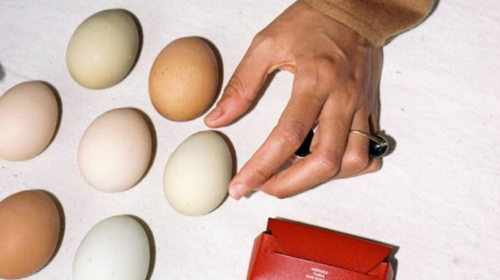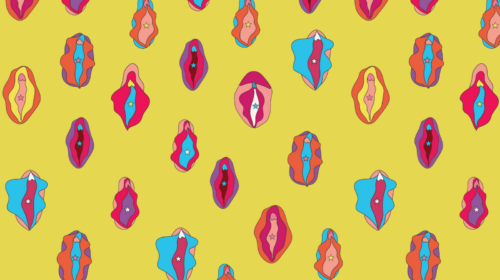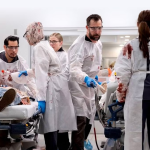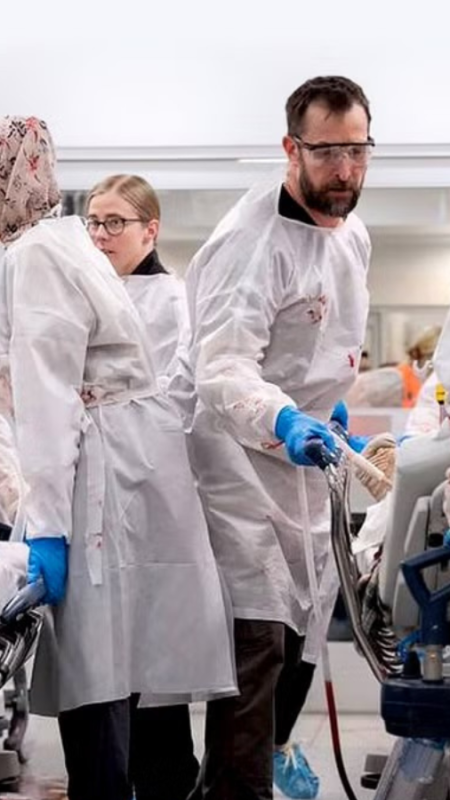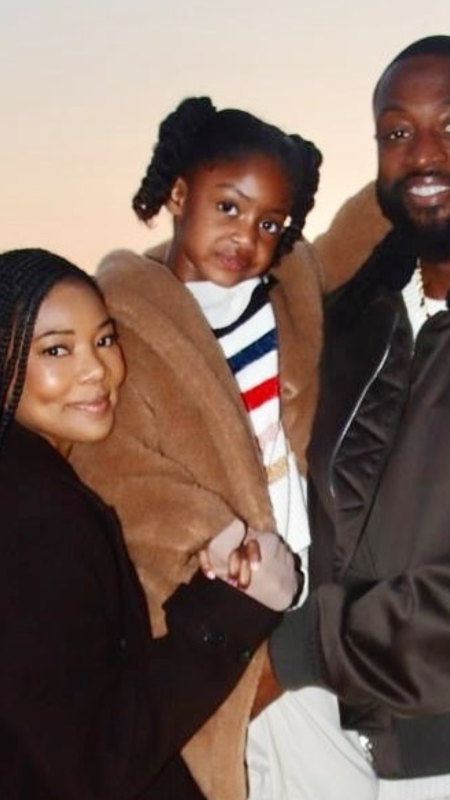Wellness Misinformation: Read This Before You Believe Another TikTok Health Guru
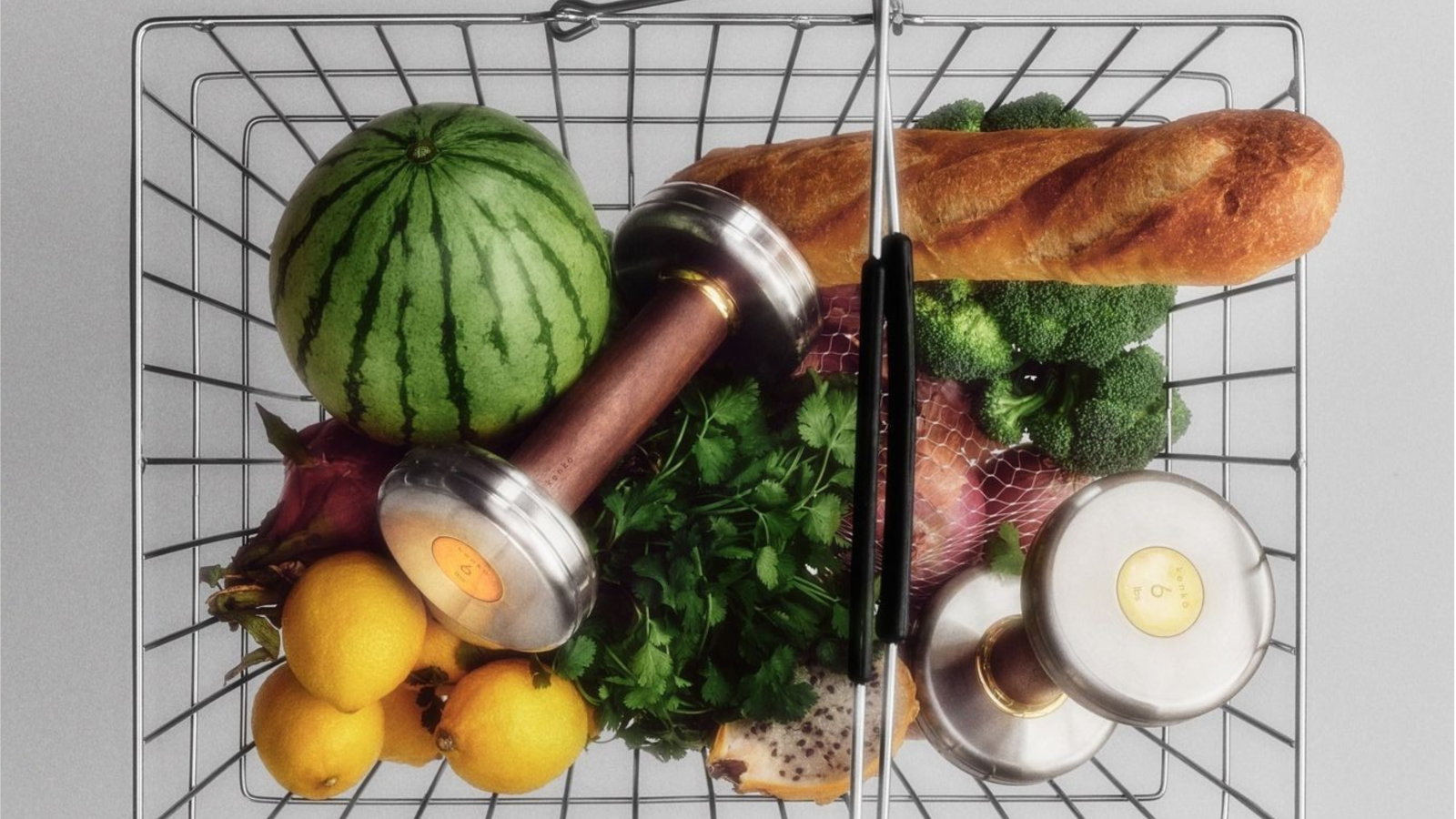
by Kayla Kurin
Does that TikToker know more about ADHD than your doctor? Should you be worried about fluoride in the water? Should you trust the influencer challenging the system? Or the system that’s both flawed and built around checks and balances?
We talked to media literacy expert Matthew Johnson from MediaSmarts. Our takeaway: When you’re confused about health information, verify the source before verifying the facts.
Media used to be difficult and expensive to create and distribute. Now, it just takes a few clicks of a button. This means the critical thinking and media literacy skills you learned as a kid might not apply anymore.
Johnson told us that when he was young, “We could rely more on obvious clues about reliability [in the media]. We had the leisure to do a close reading of every news source. But today it’s cheap and easy to make and distribute content.” We don’t have time to verify the facts in every story we come across. “There’s good evidence that that actually leads people to make worse choices because it’s overwhelming,” said Johnson.
It’s not only overwhelm that makes close reading of every source an ineffective strategy. “If a source is actively deceptive, through close reading, you’re giving them what they want – your attention,” Johnson said.
Psychology has something to say about this, too. Even if we identify something as false, we’re persuaded by exposure and repetition. Instead of reading something inflammatory in your feeds, Johnson recommends to start by doing research on the source. “If you find that it’s being run by a hate organization, you don’t have to interact with them at all.”
Verifying a Story
Our relationship with the media has changed. “People have what academics call a ‘news finds me’ attitude. They don’t go to news sources… And that means they’re usually getting it from an intermediary, not from the original source that was reporting it,” Johnson told us.
Johnson said that, in the U.S., sources that were previously reliable, impartial, and basing their content on the best available evidence are now being changed for ideological reasons. “I think that’s going to do an immeasurable amount of harm. One of the things we know from the study of trust is that when trust is lost, it’s extremely difficult to regain. So when we lose the ability to point to these and count on them to be honest brokers, it really punches a hole in the fabric of our information ecosystem.”
The first step in verifying a source is to find where the claim first came from. This means if you saw a post on social media or an influencer shared a fact, search for the original source of this claim. Did it come from a peer-reviewed medical journal? A field expert? Or is the source murky?
If you trace the claim back to a source you already know is reliable, you’re done! If not, you can try looking at other reliable news sources you already trust to see if they’re reporting the same information.
Johnson said that, “One of the things we’ve always recommended is that people look for the consensus among experts on a topic and look for multiple sources. So it can be very valuable even if your first stop might have been an American Government website – what does it say on the Canadian, UK, or EU website?”
Finally, you can use fact-checking websites like Snopes to see if someone else has already verified a story.
Authenticity or Expertise?
“People turn overwhelmingly to online sources. There is a general trend toward judging reliability based on perceived authenticity instead of expertise,” said Johnson.
The internet allowed people to share their personal experiences online in the hope of helping others. But if they share those experiences as facts that aren’t backed up, that can be a sign they aren’t a trustworthy source.
One thing that can be helpful for verifying sources online is to understand expertise. “Expertise in science and medicine is highly bounded. When you’re getting advice from someone that’s outside their field, even if they may be a legit expert in [a different] field, their advice might not be that useful.”
If you’re getting health information online, take the time to understand what forms of science and medicine are regulated. For example, doctors or Dieticians are highly regulated fields. Other titles are unregulated, or the level of certification varies from state to state or country to country. You might know that coaches or some alternative health practitioners aren’t regulated. But even Nutritionist, which is often used interchangeably with Dietitian, isn’t a regulated field in many countries. Osteopathic doctors are medical doctors in the U.S., but Manual Osteopaths are practitioners with regulatory bodies that vary widely from country to country.
This doesn’t mean those people don’t have valuable information to offer, but you should know what their background is and what checks and balances are in place to ensure they’re sharing accurate information. “Influencers create parasocial relationships,” Johnson said. “They make themselves feel like they’re your friend and they’re on your side. By critically and consciously engaging with those tactics, you can know when you’re being manipulated.”

Continue Challenging the System
Identifying something as a reliable news source, “Doesn’t mean that everything they publish is 100% accurate…You can be critical of stories it chooses to cover and not cover, through headline, through who they choose to give a quote, and what statistics they choose to use. It’s very much the same with medical and scientific authorities. We do have to acknowledge that they have by no means a perfect record, especially when it comes to historically marginalized groups,” Johnson explained.
People from groups who have historically been discriminated against and were left out of media stories might feel like they have more resources now to hear from people like them. For example, someone with a rare illness might have an easier time locating information from other patients about their disease online. As long as you verify the information you get through multiple sources and fact-checkers, it’s okay to gather information from a variety of sources.
It’s always important to call on more traditional news organizations or medical authorities to do better.
MediaSmarts has a program called Break the Fake, which is all about teaching four quick and easy steps to verify and debunk media sources. It’s worth it for the House Hippo commercial alone – now go verify that claim!


